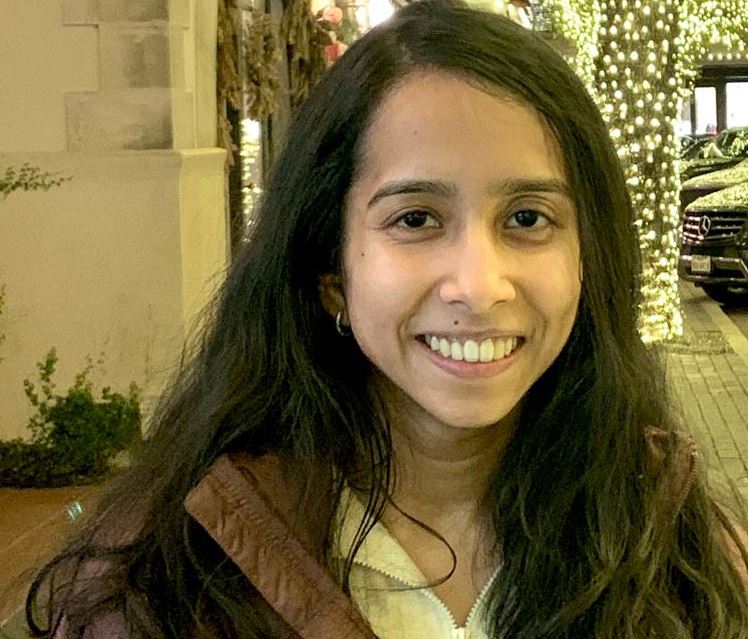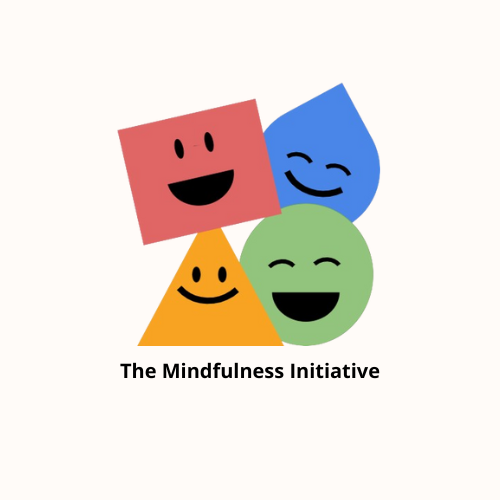

Today we’d like to introduce you to Gargi Porwal
Hi Gargi, can you start by introducing yourself? We’d love to learn more about how you got to where you are today?
I was a student at UT Austin when I first came across the challenges many students faced in accessing mental health resources and support. Conversations with peers sometimes revealed the widespread stigma regarding mental health and the lack of awareness about available resources people could turn to help. Motivated by these factors, I first trained to become a Crisis Text Line volunteer to help individuals in crisis and provide them with the support they needed. However, during some late night shifts, I often saw the number of people waiting in line go up to 60, highlighting the overwhelming need for more accessible mental health support.
These experiences motivated me to start The Mindfulness Initiative non-profit organization to raise awareness about mental health conditions, particularly anxiety and depression, in teens and share low-cost resources that individuals could reach out to for further support.
We first launched this non-profit at UT Austin as a student organization. Through monthly meetings and workshops, we shared information about symptoms of anxiety and depression, appropriate coping strategies and mindfulness techniques. We also connected students with affordable mental health resources available in the community. The positive response from students inspired us to create an artificial intelligence (AI) chatbot app that could recommend local, low-cost resources tailored to the needs and preferences of different students. Through these efforts, we have been able to expand the organization beyond the UT college campus. We’ve made our chatbot publicly available and have partnered with counseling centers, high schools, and other college campuses in the Dallas-Fort Worth area to share this tool with over 100 adolescents. We hope to continue growing our organization in the DFW area through such partnerships to make mental health support more accessible for students and teens.
Can you talk to us a bit about the challenges and lessons you’ve learned along the way. Looking back would you say it’s been easy or smooth in retrospect?
When we first launched this organization, many people were concerned about the potential risks posed by the AI chatbot we developed and its feasibility to provide mental health support or resources. Addressing their concerns took repeated iterations of modifying and improving the chatbot’s capabilities and expanding the organization’s reach. We began by enhancing the chatbot to not only offer coping strategies for anxiety and depression but also recommend both local and online low-cost resources to provide teens with reliable and consistent sources of support. Through a referral system to local crisis centers, we integrated peer support opportunities directly with the chatbot, ensuring teens could access a wider and more personalized network of support. We also expanded the chatbot’s database to include more culturally diverse resources so it could address the needs of people from marginalized groups. These efforts shaped the mission and approach of our organization and helped us build meaningful partnerships with community organizations, counselors, and schools, allowing us to extend our impact to more individuals and make mental health support more accessible.
Can you tell our readers more about what you do and what you think sets you apart from others?
We are a non-profit organization focused on raising awareness about mental health, particularly in teens, and providing mental health support resources. Our integration of technology has been a key component of what sets us apart from others in this field. Specifically, we’ve developed an AI-powered chatbot that provides personalized coping strategies for anxiety and depression, as well as recommendations for local and online low-cost resources tailored to each person’s needs.
We are proud to have made an impact in fostering a more inclusive community for mental health support. Through the workshops across high school and college chapters of our organization, we have been able to not only raise awareness about the prevalence and importance of mental health, but also challenge the stigma that often surrounds it. Our initiative has helped empower students to openly discuss mental health and seek help when needed, creating a safer and more supportive environment for all. The AI chatbot we have developed has enabled us to connect individuals with immediate, personalized support and practical resources, regardless of their socioeconomic background. This technology-driven approach has allowed us to scale our impact to make mental health support more accessible and stigma-free.
What quality or characteristic do you feel is most important to your success?
I believe adaptability has been an important characteristic to my success in launching this non-profit. Building this organization has required navigating new technologies and revising strategies to address the concerns of different groups. By refining our AI chatbot based on feedback from mental health counselors and teens and revising the information we share through meetings across our different chapters, we have been able to improve our organization and expand its impact. The mental health space is constantly changing, especially with recent advances in AI technologies, and the ability to evolve and embrace these changes has helped us better serve the needs of student communities. This adaptability has ensured that our resources and tools remain innovative and impactful, advancing our mission to address mental health challenges effectively.
Contact Info:
- Website: https://themindfulinitiati.wixsite.com/the-mindfulness-init
- Instagram: https://www.instagram.com/mindfulnessinitiative?igsh=MXJ2d2F2MmZ6NHp4cg==











